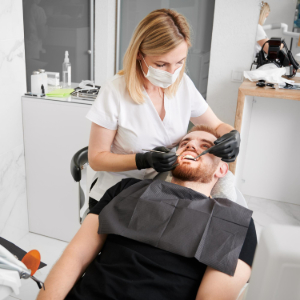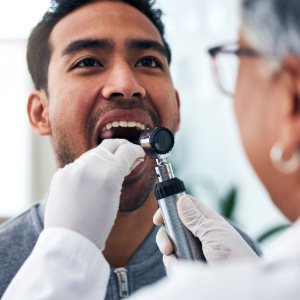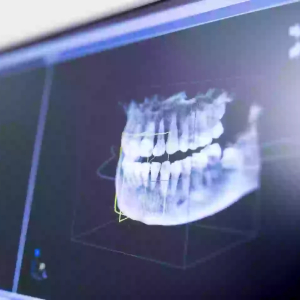Mouth Cancer Awareness


My name is Rithvikha Sarah V, a student of Class 12 A (Batch 2025-26) at The PSBB Millennium School. This website aims to raise awareness about Mouth Cancer.
Mouth cancer refers to the uncontrolled growth of abnormal cells within the tissues of the mouth. It can begin in any part of the oral cavity, which includes the lips, gums, tongue, the inner lining of the cheeks, the roof of the mouth, and the floor of the mouth underneath the tongue. Because these areas all fall within what is medically known as the oral cavity, cancers that develop here are often referred to as oral cancer or oral cavity cancer. Understanding the symptoms and causes of mouth cancer is essential for prevention and early diagnosis.
Tobacco products contain harmful chemicals called carcinogens. These can damage the cells in the mouth and lead to mouth cancer. Smoking exposes the mouth to these chemicals through inhalation, while chewing tobacco puts them in direct contact with the tissues. The longer and more often someone uses tobacco, the higher their risk of developing mouth cancer.

HPV is a common sexually transmitted infection that can cause changes in cells. If the immune system doesn’t clear the virus, these changes can lead to tumors and cancer. HPV can make cells grow out of control. While HPV alone can increase cancer risk, smoking and heavy drinking can make it more likely for an HPV infection to turn into cancer.

When we drink alcohol, our body breaks it down into a chemical called acetaldehyde, which can damage cells and stop them from repairing themselves properly.Alcohol can also raise hormone levels like estrogen and insulin, which may cause cells to divide more often—raising the risk of cancer.In the mouth and throat, alcohol makes it easier for harmful chemicals to enter cells, increasing the chances of damage that can lead to cancer.
While these are the highly significant factors, other factors such as: family history of mouth cancer, poor oral health and hygiene also contribute as the causes.

Signs and symptoms of mouth cancer may include:
Tests for detecting Mouth Cancer includes:

During a physical exam for mouth cancer, a doctor or dentist will look at and feel your lips and mouth. They check for lumps, sore spots, or white patches (called leukoplakia), which can be early signs of cancer.

If the doctor finds something unusual during the exam, they recommend a biopsy. This means taking a small piece of tissue from the mouth to test it in a lab.In the lab, doctors check the tissue for cancer and may also look at changes in the DNA of the cells. These results help the healthcare team decide on the best treatment plan.

During a physical exam for mouth cancer, a doctor or dentist will look at and feel your lips and mouth. They check for lumps, sore spots, or white patches (called leukoplakia), which can be early signs of cancer.
Staging tests may include:
Mouth cancer is staged from 0 to 4. Lower stages mean the cancer is small and hasn’t spread much. Stage 4 means it may have grown large, reached the lymph nodes, or spread to other parts of the body
Mouth Cancer has many ways to be treated, some of them are:
In mouth cancer surgery, doctors remove the tumor and some nearby healthy tissue to make sure all cancer is gone. If it spreads to bone, that part may be removed too.Reconstructive surgery can rebuild areas like the mouth or jaw using tissue from other parts of the body. Dental implants may replace lost teeth.If cancer has spread to the neck, lymph nodes may be removed and tested. If cancer is found, more treatment like radiation or chemotherapy might be needed.
Radiation therapy uses energy beams to kill cancer. It’s usually done with a machine, but sometimes radioactive material is placed inside the body .It may be used alone for small cancers or after surgery to destroy remaining cells. For advanced cancer, it can help relieve pain and symptoms.
Chemotherapy uses strong medicine to kill cancer cells. It’s often given after surgery and may be combined with radiation to work better. If cancer spreads, chemo can help control it.
Targeted therapy uses medicine to block specific chemicals in cancer cells, helping to kill them.For mouth cancer, it can be used alone or with chemotherapy or radiation, often after surgery or if the cancer returns or spreads.
Immunotherapy uses medicine to help the immune system find and destroy cancer cells. It’s used when mouth cancer comes back or spreads to other parts of the body.